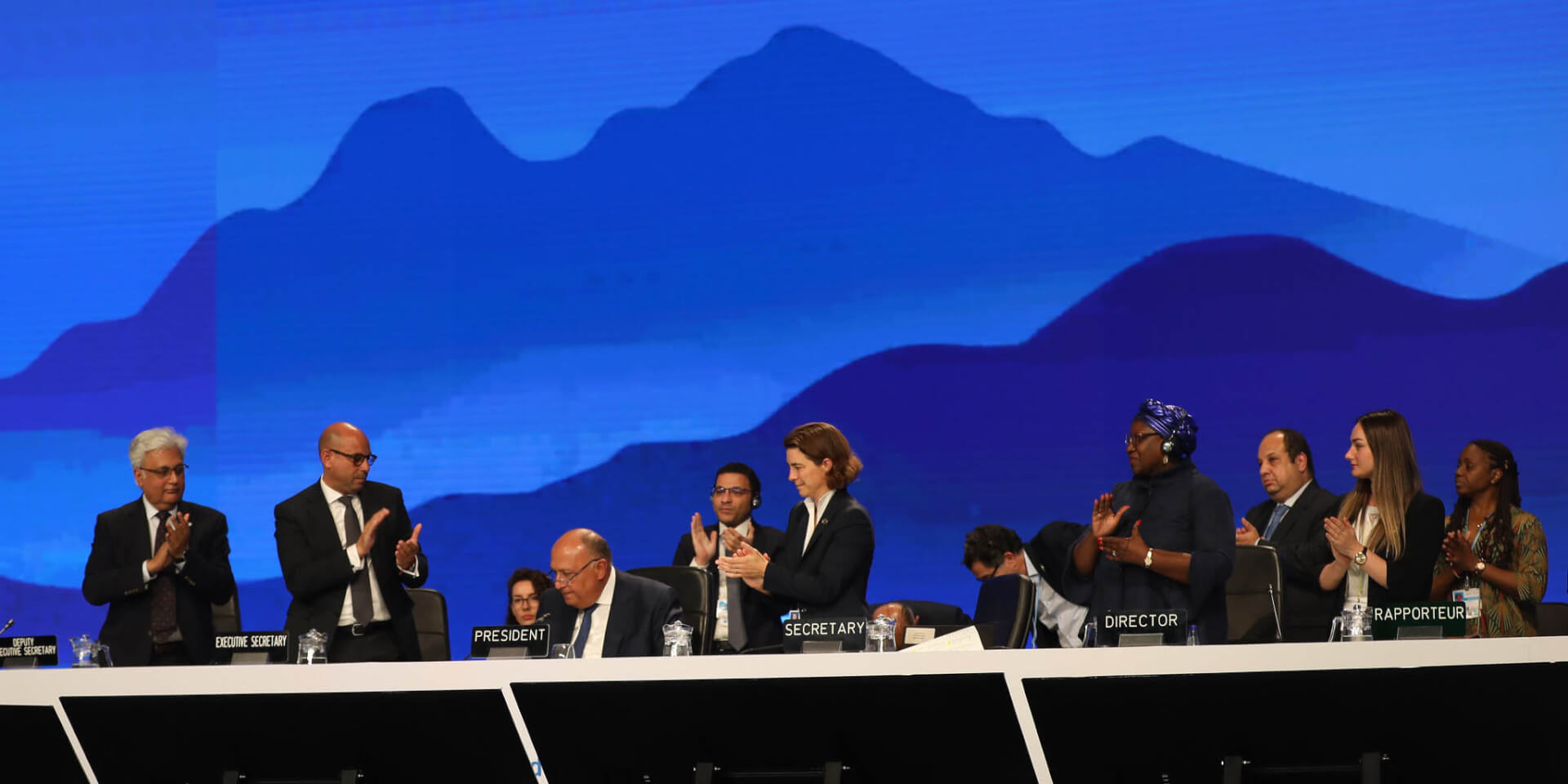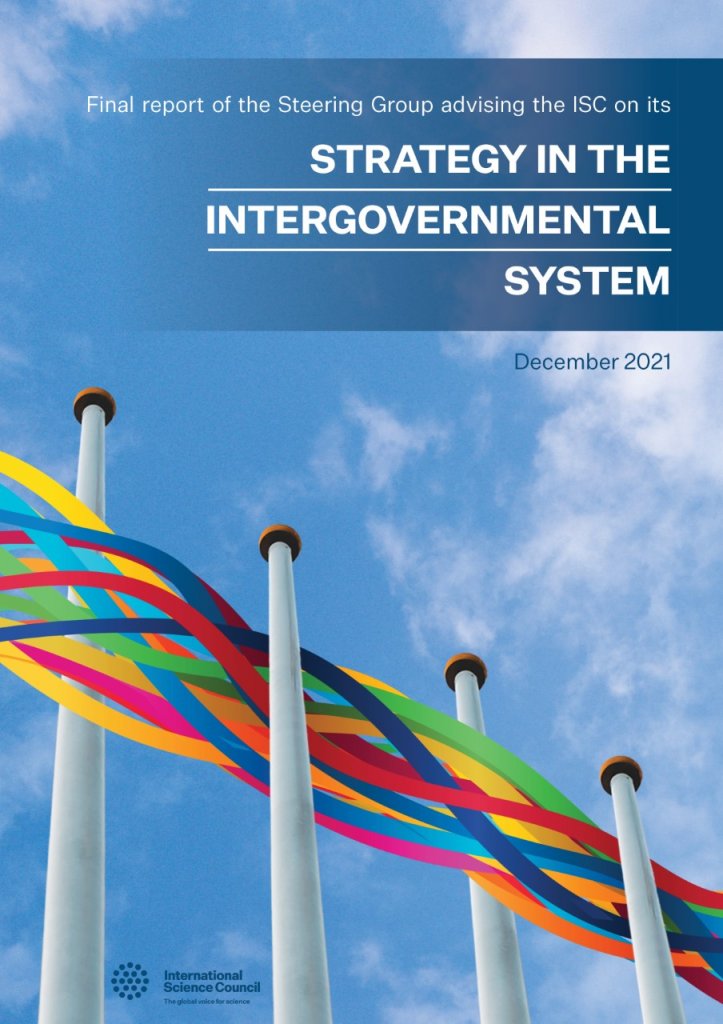
The UNFCCC Climate Talks concluded on Sunday morning with what has been hailed as a ‘landmark deal’ – a commitment to establish a financial support structure for vulnerable countries that are affected by climate-related disasters.
A committee tasked with making recommendations on how to operationalize the new funding arrangements has been created and will report at COP28 next year.
However, celebrations of the commitment on loss-and-damage were muted due to concerns that the final text is stronger on dealing with the impacts of climate change than on addressing its underlying causes.
Negotiations around retaining a reference to 1.5˚C were reportedly fraught, but the commitment to limit global temperature rise to 1.5˚C above pre-industrial levels, as established in the Paris Agreement, was retained in the outcome document. However, the document does not contain a commitment to phase out all fossil fuels, and it’s feared that wording on ‘low emissions’ energy alongside renewables as a an energy source of the future could be used to justify new fossil fuel energy development.
The COP outcome text emphasizes the need to strengthen Earth observation systems and to ensure that everyone is protected by early warning systems. Also agreed was a proposal to reform multilateral development banks and international financial institutions, such as the World Bank, to align their spending with climate goals.
The deal makes ‘safeguarding food security and ending hunger’ a priority, and – for the first time ever – mentions the role of water in adaptation efforts.
‘COP27 concludes with much homework and little time,’ said UN Secretary General António Guterres at the end of the meeting, noting the importance of the human rights dimension of climate action, and of working together to ‘win this battle for our lives’.
‘This outcome moves us forward,’ said Simon Stiell, UN Climate Change Executive Secretary. Attention now turns to implementation, with the First Global Stocktake of progress on the Paris Agreement due to take place in 2023.
The ISC works to advance and promote knowledge from all the sciences in order to respond to and address increasingly damaging climate change and to accelerate social transformations towards sustainability.
‘While COP27 was in many ways extremely disappointing with respect to political progress on mitigation of greenhouse gas emissions, the COP27 outcome document and agreement on loss and damage funding is recognition that climate change has multiple, cascading risks which are increasingly dangerous, particularly for the most vulnerable communities,’ said ISC President Peter Gluckman.
‘Scientific evidence is essential to understanding these systemic risks, and to developing and implementing effective climate adaptation and mitigation measures. As the primary nongovernmental organization representing science in the multilateral arena, the ISC – in partnership with its members, affiliate bodies and UN agencies – advances the science essential for climate action, from global observation networks to understanding processes of behavioural change. Additionally, the ISC, through the Global Commission on Science Missions for Sustainability, is working to find new ways to contribute action-orientated research to support game-changing action to address dangerous climate change and to implement the Paris Agreement’.

ISC strategy in the intergovernmental system
The challenges on the multilateral agenda are complex, urgent, have a degree of uncertainty and are inextricably linked. In this context, the ambition of the ISC to become the go-to organization for scientific expertise and advice at the global level raises key questions for the organization. This report examines these key questions, and makes recommendations to the ISC on its strategy in the intergovernmental system.
Image by UNFCCC via Flickr.